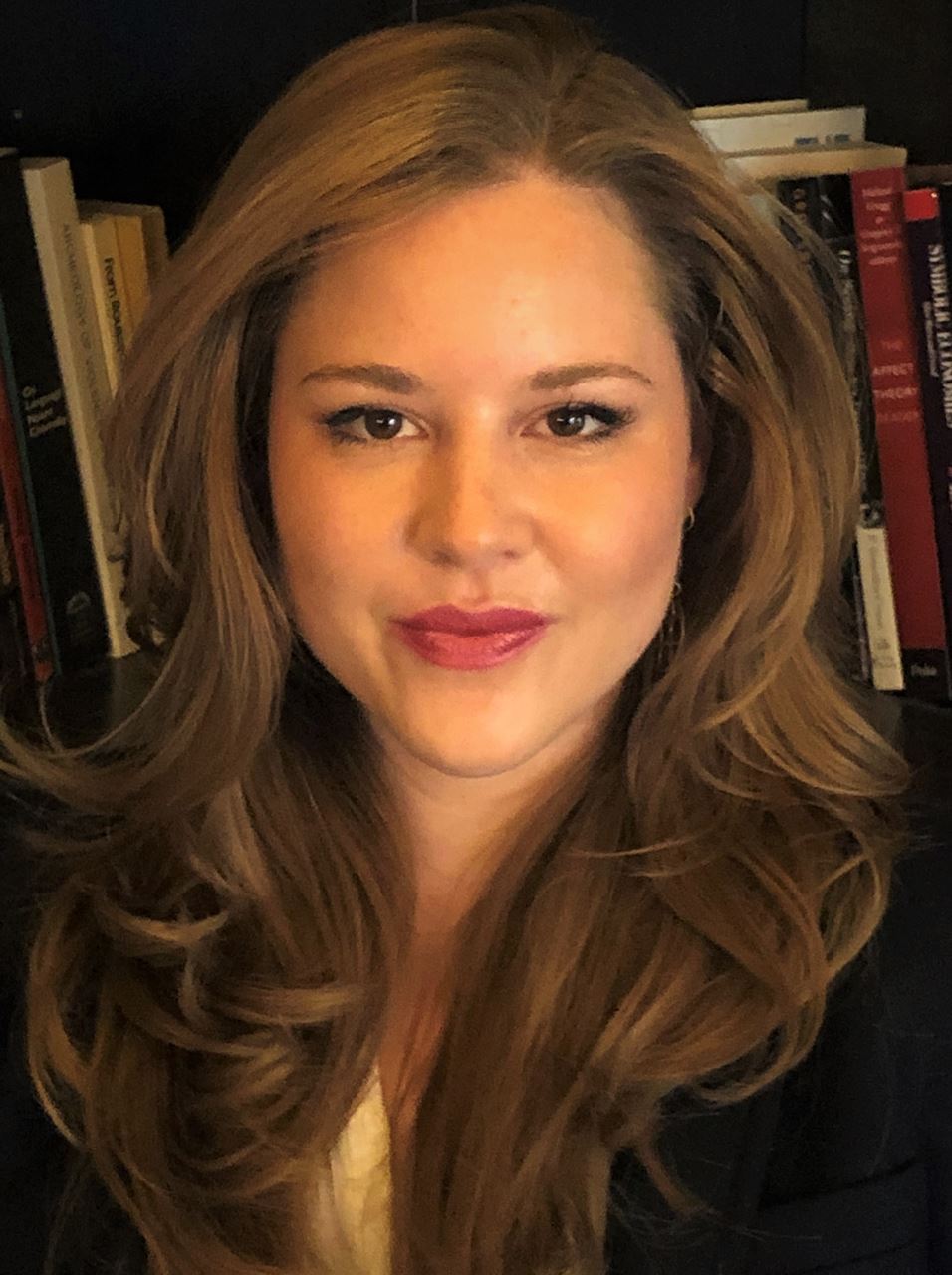
Ashley Walter is originally from Williamsport, Pennsylvania. Following her undergraduate degree at Duquesne University, she worked at the Pittsburgh City Paper, an alt-weekly newspaper. In 2017, Ashley graduated from Duquesne’s journalism department with an M.S. in media arts and technology. She is now a doctoral candidate at Penn State University working under Ford Risley’s advisership.
When and how did you first become involved in AJHA?
In 2015, I made the scary decision to quit my job and start a master’s degree. It is my good fortune that I was randomly selected as Pamela Walck’s research assistant. At that point, I had never heard of “research interests,” and, to be honest, I didn’t understand academic research. Pam asked if I was interested in helping her research a lesser-known WWII-era comic strip that featured a female protagonist. Saying “yes” to her changed my life. Through that project—and Pam’s patience—I learned how to conduct and write research. I also grew to love media history. We presented at AJHA and eventually published the piece in Journalism History. Later, once I started my doctoral program, I became an editorial assistant for American Journalism under editor Ford Risley. Here again, I was fortunate to have another mentor walk me through an essential academic process.
While Pam and Ford opened the AJHA doors for me, I felt such a warm welcome at my first conference. I immediately knew I had found an academic home, and I’ve attended yearly since 2016. One of my favorite memories was at our last in-person conference in Dallas when three women scholars I admire treated three graduate students to lunch. We had such a lovely time getting to know each other. I’m certain AJHA members are the most generous academics alive.
Describe your dissertation. How did you get interested in the project?
My dissertation looks at class-action sex discrimination lawsuits that occurred at print organizations during the 1970s. These lawsuits did so much to diversify newsrooms across the U.S., but they were contentious battles that pushed some women out of journalism.
I first learned about the lawsuits while watching Amazon’s short-lived TV show, Good Girls Revolt. Based on Lynn Povich’s memoir, the story details how 46 women working at Newsweek filed a sex discrimination complaint against the magazine in 1970. A few weeks after binge-watching the show, I was stuck at the airport after an AJHA conference. I was lucky to pass the time with Paulette Kilmer, who I told about the TV show. She then told me about the sex discrimination she experienced as a young woman reporter. I began to wonder how many more of these lawsuits occurred. Now I am conducting oral histories with women involved in the suits and piecing together this history.
What drew you to oral history?
Like many journalism historians who worked in media, I naturally gravitated to a method where I could interview people. It is my favorite part of my dissertation work, and I love immersing myself in stories.
Conducting oral histories during COVID-19 isn’t ideal, but in some ways, our Zoom-run world has given me access to people I couldn’t have visited in pre-pandemic times. The women I am interviewing are in their 80s and 90s. There is urgency in collecting their stories, and in some ways, the pandemic has helped me interview faster. Also, it has eliminated technological challenges that might have existed before. Everyone is Zooming now!
Why is oral history important?
Capturing voices and untold stories is always important, but as a feminist researcher, oral history’s value is in sharing marginalized stories. For so long, women were absent from history books and archives. When researchers amplify marginalized voices, we provide fuller and richer histories. There is a 1977 quote from Sherna Gluck that inspires my current work:
“With our foremothers we are creating a new kind of women’s history, a new kind of women’s literature. To this task we should bring the sensitivity, respect, tremendous joy and excitement that come from the awareness that we are not only creating new materials, but that we are also validating the lives of the women who preceded us and are forging links with our own past.”
Isn’t it great? We still have so many stories to capture.
What are your future goals?
I am on track to complete my dissertation in spring 2022, and I will enter the job market this summer. (Hey, hiring committees!) I hope to have a tenure-track job where I can focus on both teaching and research. I’m excited to pay forward the kindness I’ve received from mentors, and would love a position where I can mentor students. I’d love to become a graduate director someday.
What are some of your hobbies or interest outside of academia?
Since moving to Central Pennsylvania for graduate school, I started hiking several times a week. I also love folk music and enjoy singing and playing guitar. Before COVID-19, I frequently attended concerts and outdoor music festivals. I also love reading historical fiction and magazines. An ideal day would be spent lounging in my hammock with a New Yorker in my hand and a cat on my lap.

